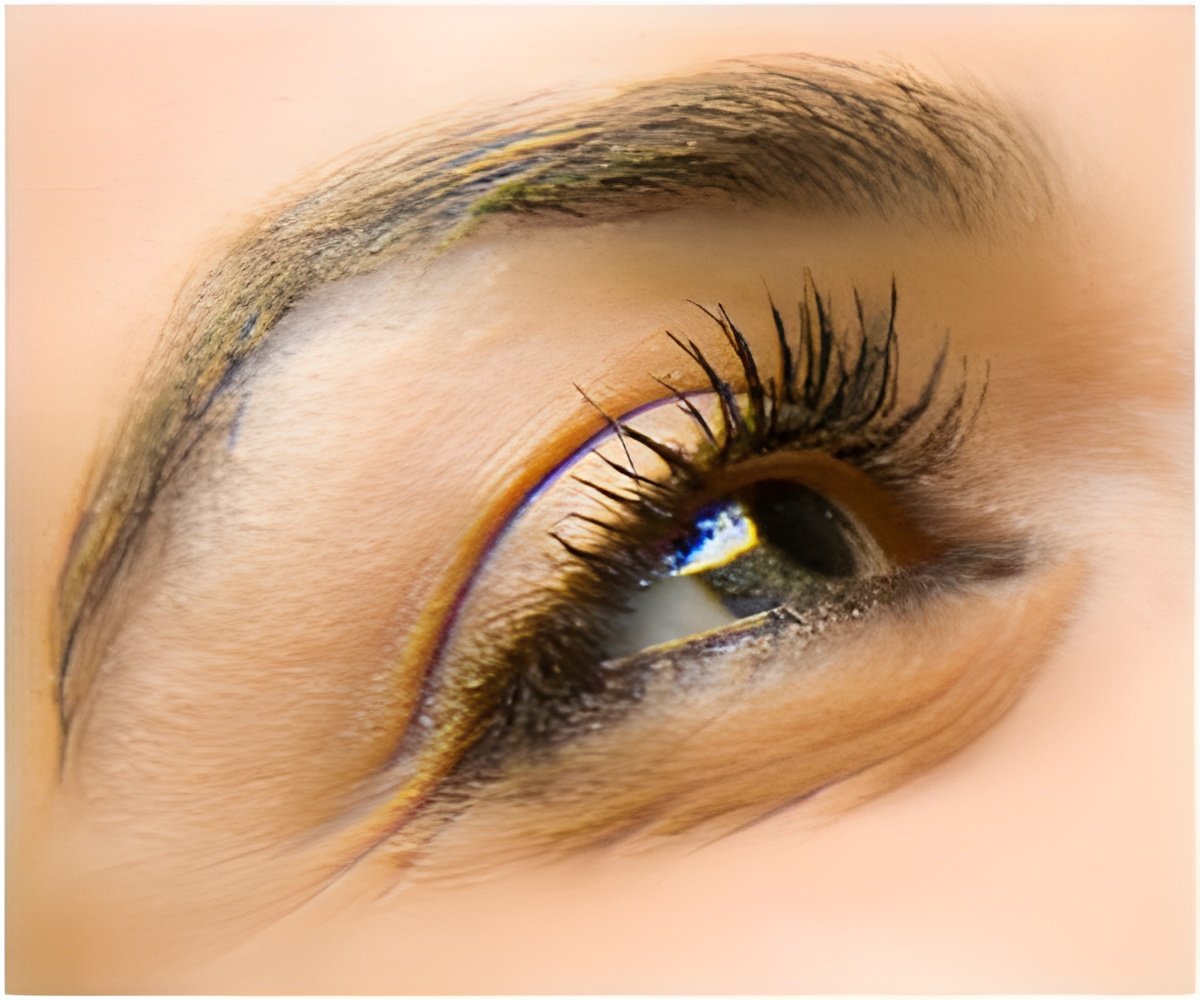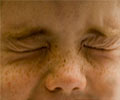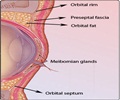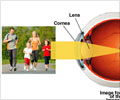A new study suggests that switch to a different type of contact lens or lens care product can help you overcome the discomfort from your contact lenses.

Based on previous studies, the combinations were ranked as providing the best (combination 1) and worst (combination 2) performance in terms of end-of-day comfort. Patients used each combination for eight days, without knowledge of which combination they were using. They then rated contact lens comfort and other symptoms during the two periods.
Patients with contact lens-related symptoms rated combination 1 more comfortable than combination 2. After eight hours of wear, the difference in ocular comfort (on a 10-point scale) was small but significant: 7.7 for combination 1 versus 7.1 for combination 2. Patients in the symptomatic group also rated combination 1 superior in reducing dry eyes and awareness of contact lenses in the eye.
In contrast, for patients who did not have symptoms before the study, there were no significant differences in ratings of the two combinations. For this asymptomatic group, scores were about the same with either the "most-comfortable" or "least-comfortable" combination.
Switching Improves Symptoms in About Half of Patients Ocular discomfort is a common complaint among patients with contact lenses, and may contribute to the relatively low percentage of people wearing contact lenses for vision correction. "Properties of the lenses, organic deposits on worn lenses, and even the properties of the solutions used to clean lenses, are often blamed for this," comments Anthony Adams, OD, PhD, Editor-in-Chief of Optometry and Vision Science.
Eye care professionals will often switch the contact lens, type of lens care product, or both, in an attempt to improve comfort. However, it has been unclear how well this common approach works. "Clinicians and researchers are always trying to achieve comfort levels comparable to not wearing contact lenses," Dr Adams adds.
Advertisement
However, Tilia and coauthors note that, even with the improvement, discomfort still increases toward the end of the day. They call for continued efforts by eye care professionals and researchers to eliminate this persistent problem and provide "a maximally comfortable result," for patients who wear contact lenses.
Advertisement
Source-Eurekalert















